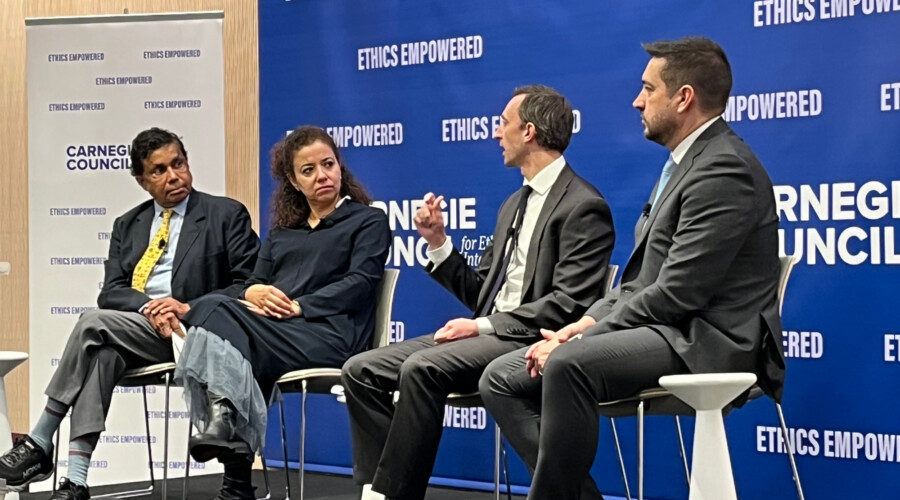The fact that Guantanamo remains open, although the number of prisoners has been greatly reduced, shows how difficult it is to handle Islamic militants. Meanwhile, targeted killings have increased. Are we killing our high-profile enemies to avoid sending them to military prison?
It has been a particularly deadly year for militant Islamic opponents of U.S. military power.
First, in May, Navy SEALS killed al-Qaeda founder Osama bin Laden in a safe house in Pakistan. Then, in June, U.S. drone missiles killed three senior al-Qaeda operatives in Yemen. A similar fate befell the Yemeni-American imam Anwar al-Awlaki in September. That same month, drones killed al-Qaeda chief operations officer Abu Hafs al Shahri in Pakistan.
According to USAToday reporter David Jackson, about 20 senior al-Qaeda leaders have been targeted and killed by American forces since 2009. This record of success has broad domestic support. An October poll found that 63 percent of the country approves of the way the current administration is handling the war on terrorism.
These high-profile targets mark a departure, however. Previously, many of the ethical dilemmas presented by the War on Terrorism centered on the treatment of detainees. Was it legal to imprison enemy combatants offshore in Guantanamo Bay or at CIA "black sites" in foreign lands? Did the so-called "enhanced interrogation techniques" approved by Justice Department lawyers amount to torture?
Many thought that they did. But this debate has receded, as targeted killings have become the norm. Guantanamo Bay once housed nearly 450 prisoners, and that population has been reduced to about 175 in the past few years. But the fact that offshore U.S. military prisons remain open is testament to the difficult question of how to properly handle Islamic militants bent on destroying Western civilization.
Another difficult question looms just as large: Are we killing our most high-profile enemies to avoid sending them to military prison? What do you think?
For more information see
David Jackson, "Obama's
Terrorist Hit List Grows," USAToday, September 30, 2011
Gerald Seib, "Domestic
Woes Sideline Foreign Policy," The Wall Street Journal, November
1, 2011
Photo Credits in Order of Appearance:
Pete
Souza
Abdul
Rahman bin Laden
Muhammad
ud-Deen
Staff
Sgt. Stacy L. Pearsall/U.S. Air Force
Josh
Pesavento
Federal
Bureau of Investigation
Petty
Officer 1st class Shane T. McCoy/U.S. Navy
Cherie
A. Thurlby/Department of Defense, PD
Ron
Sachs/CNP/Corbis
Erwin
Lux
Pete
Souza


